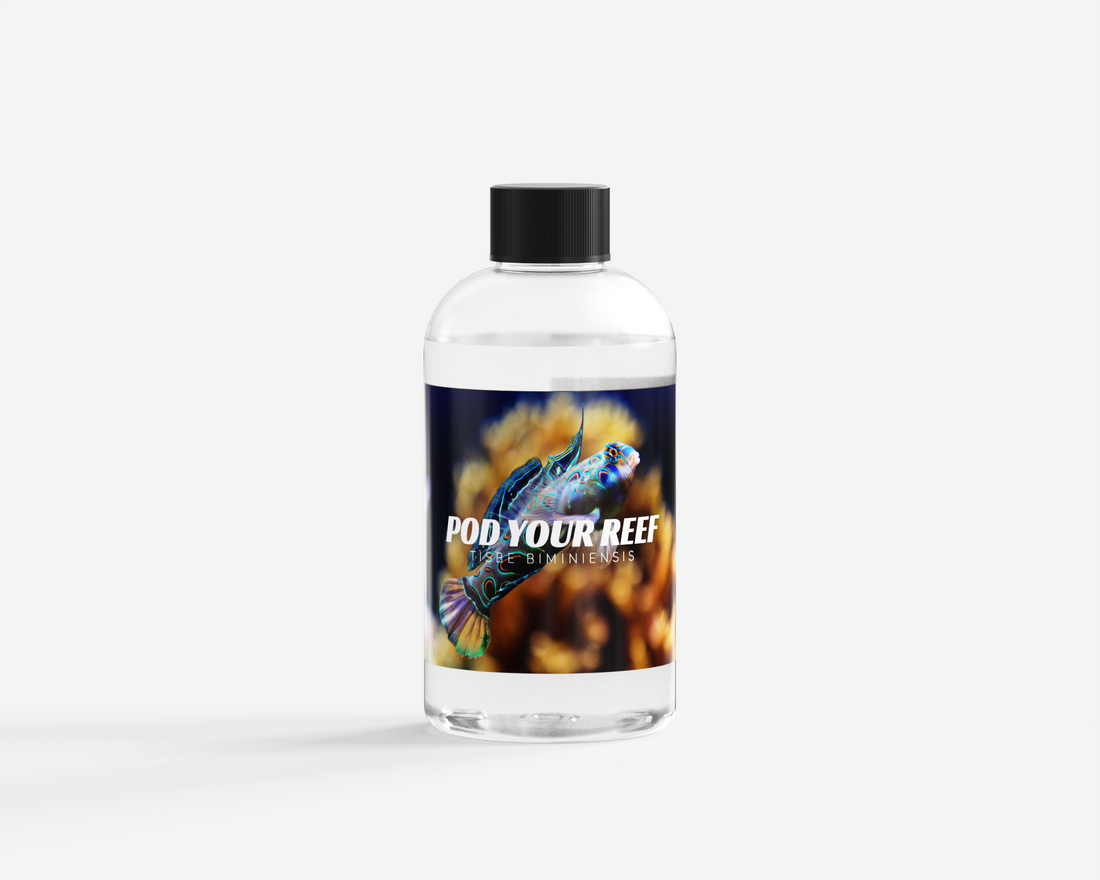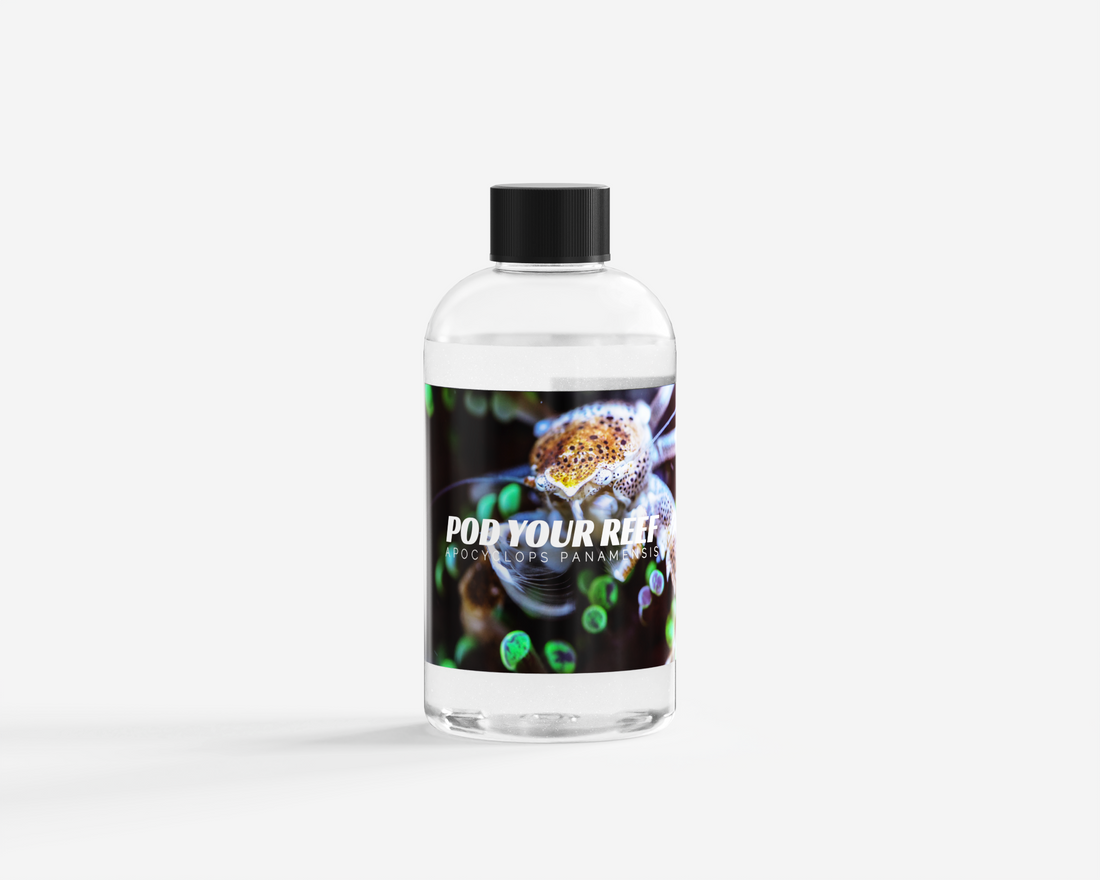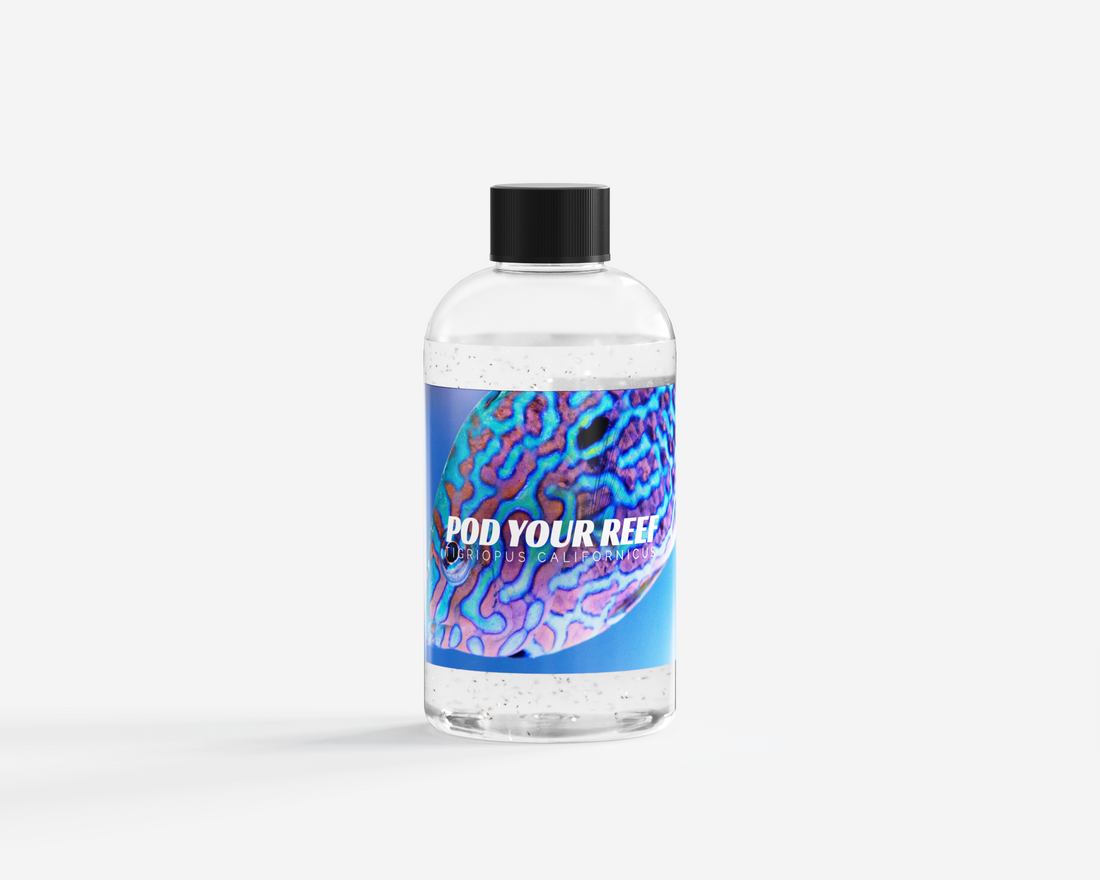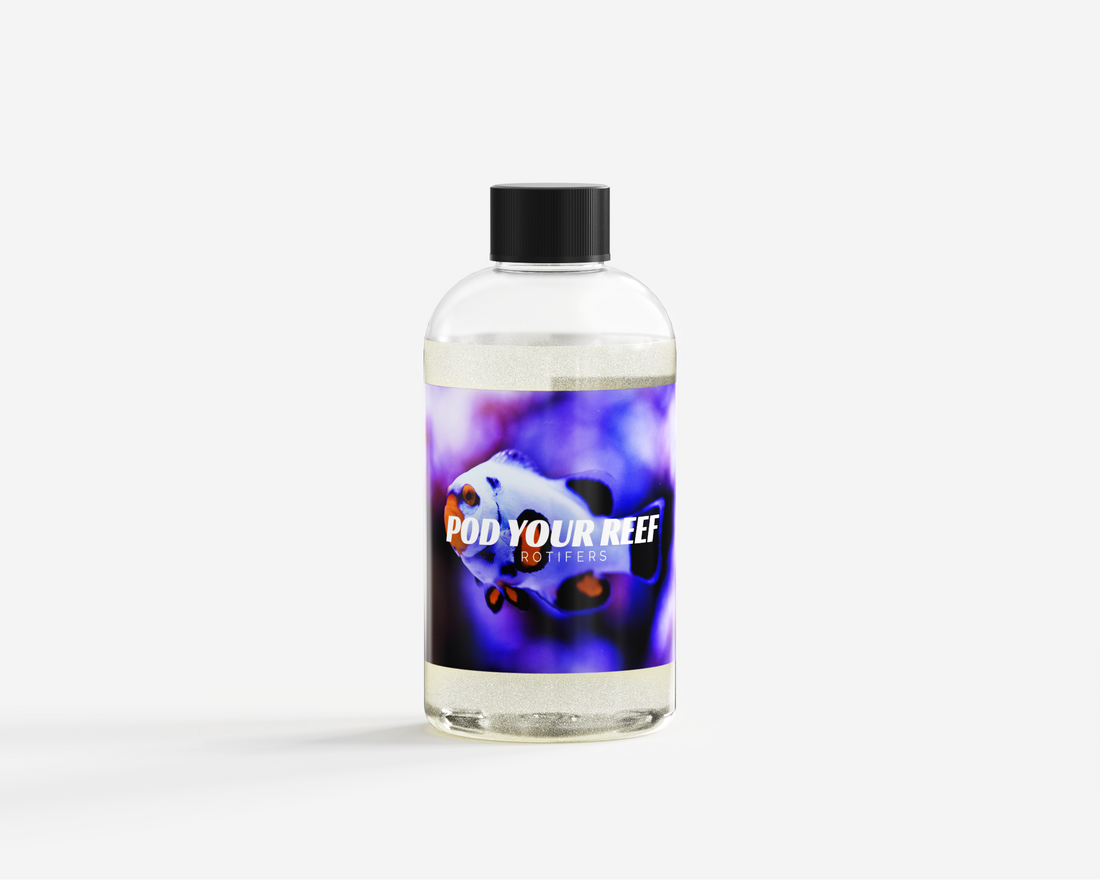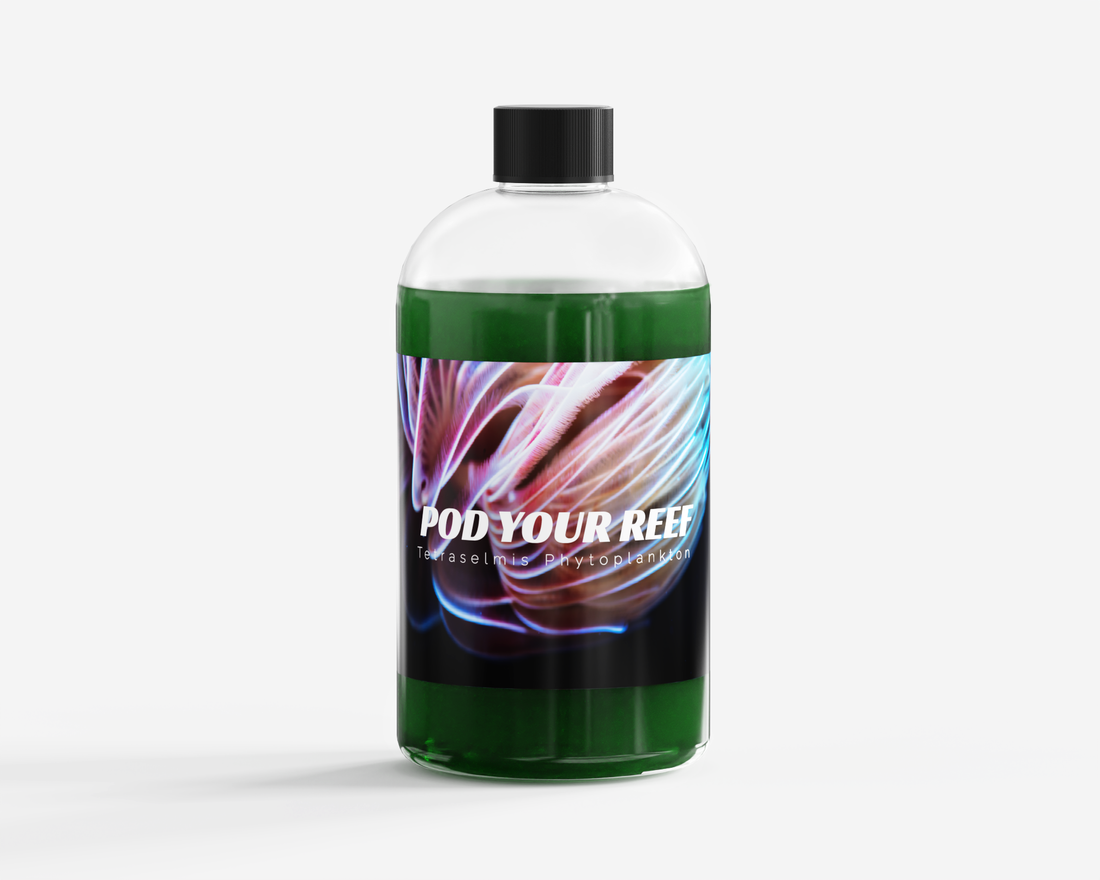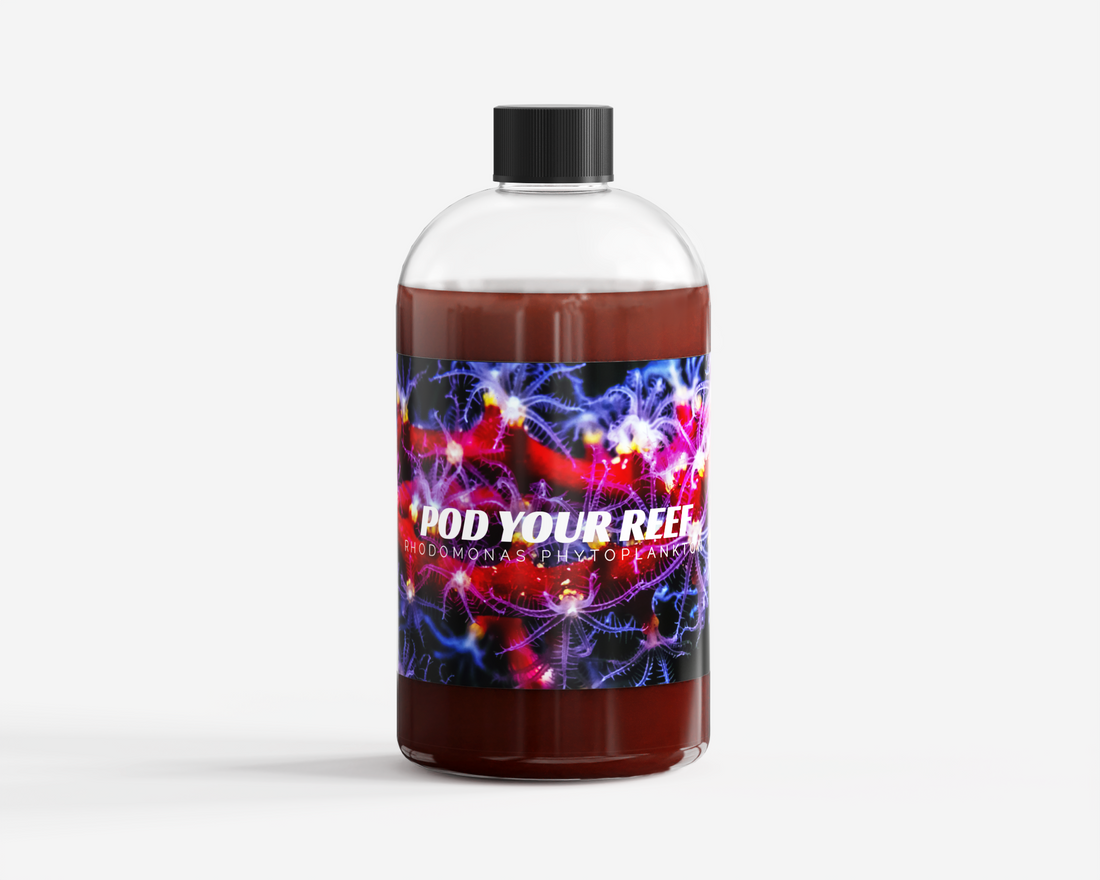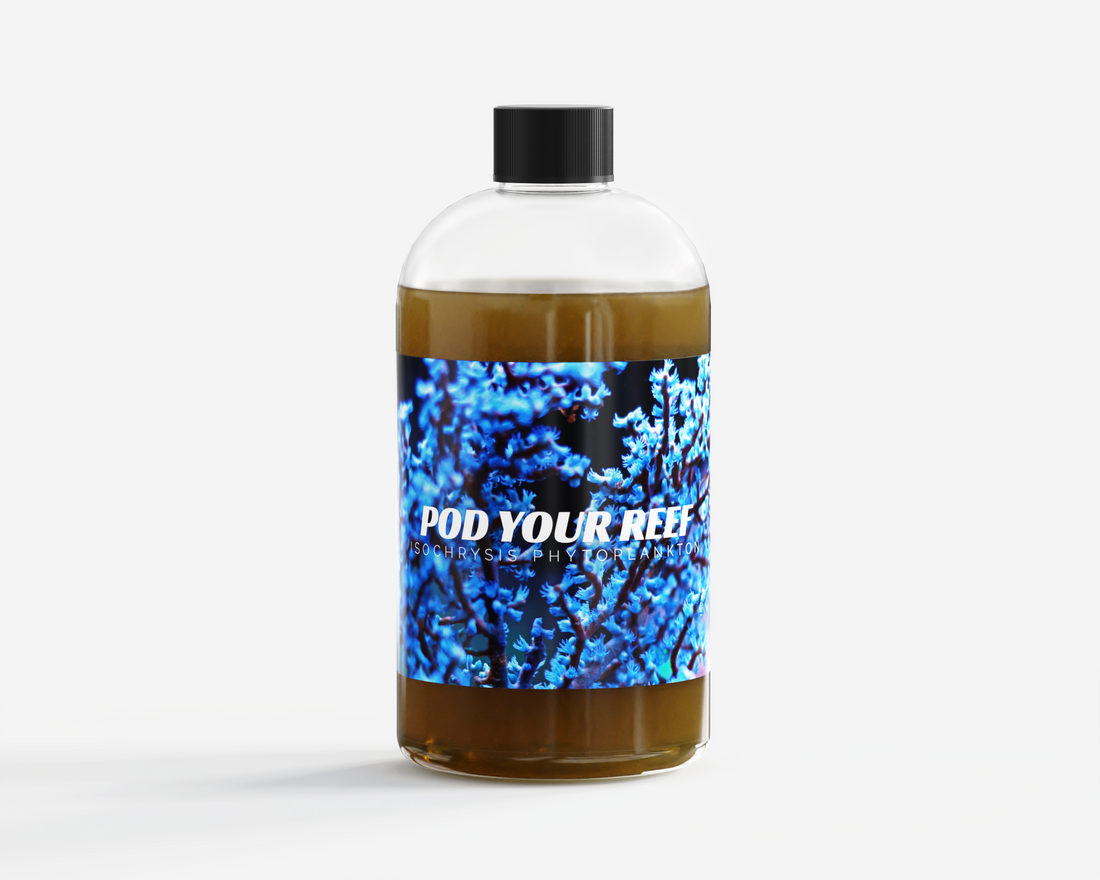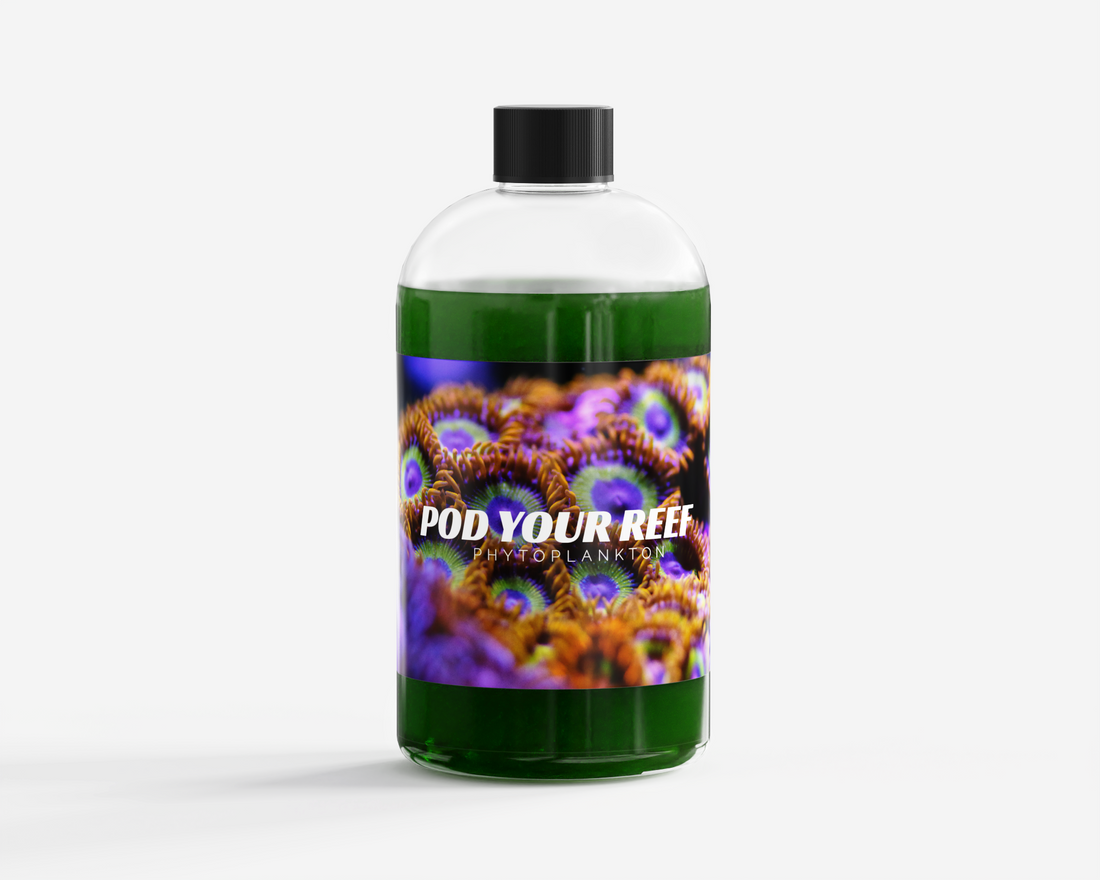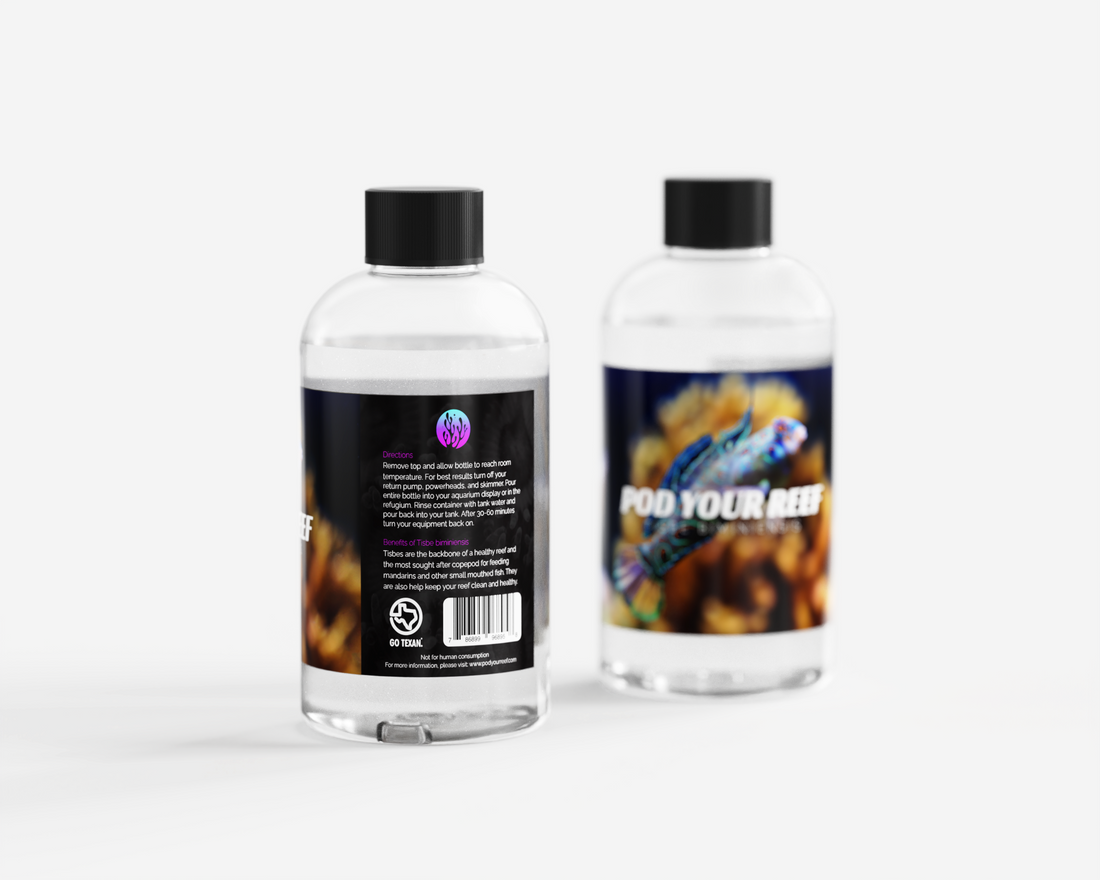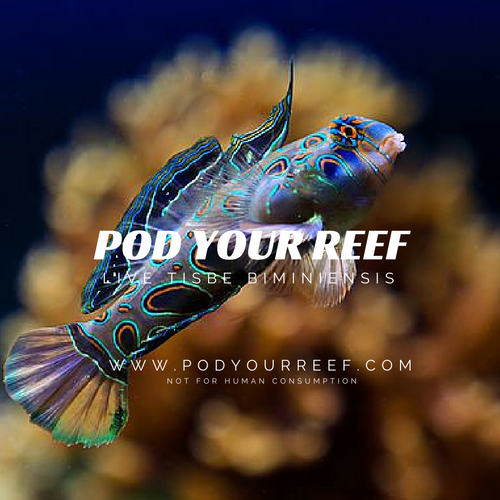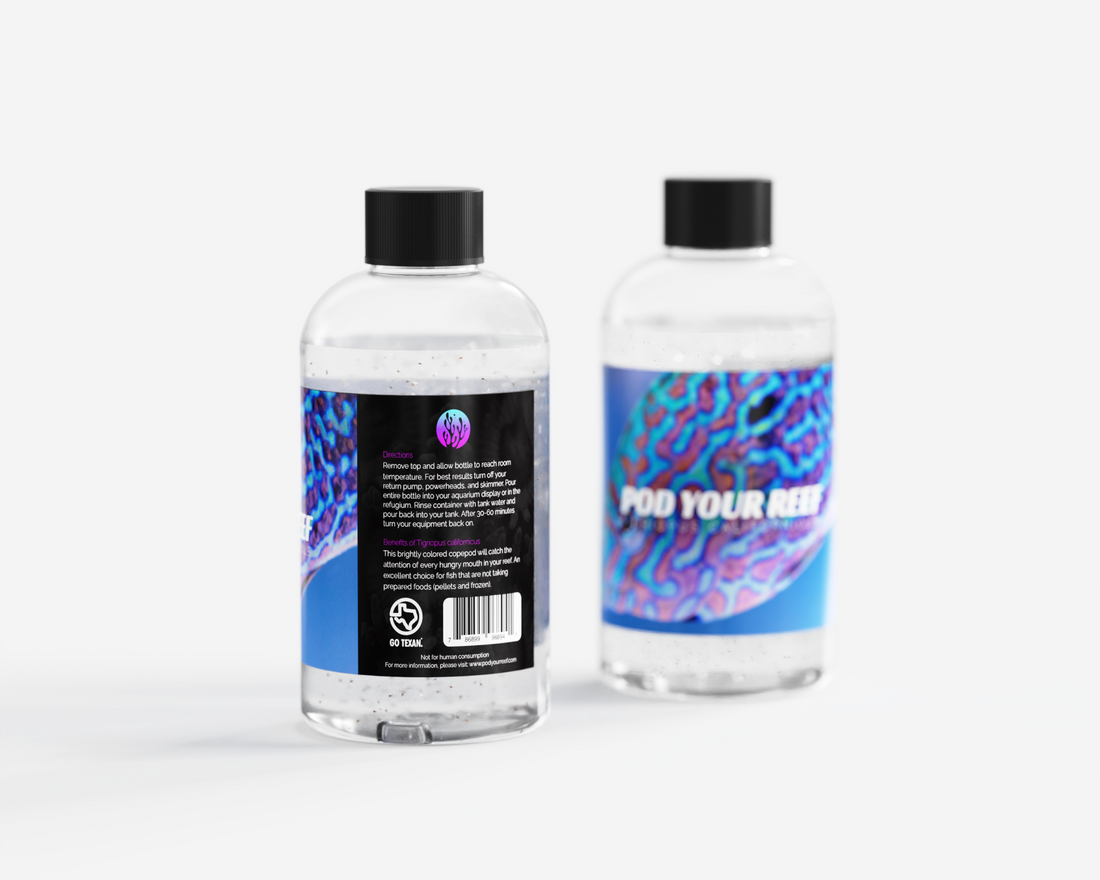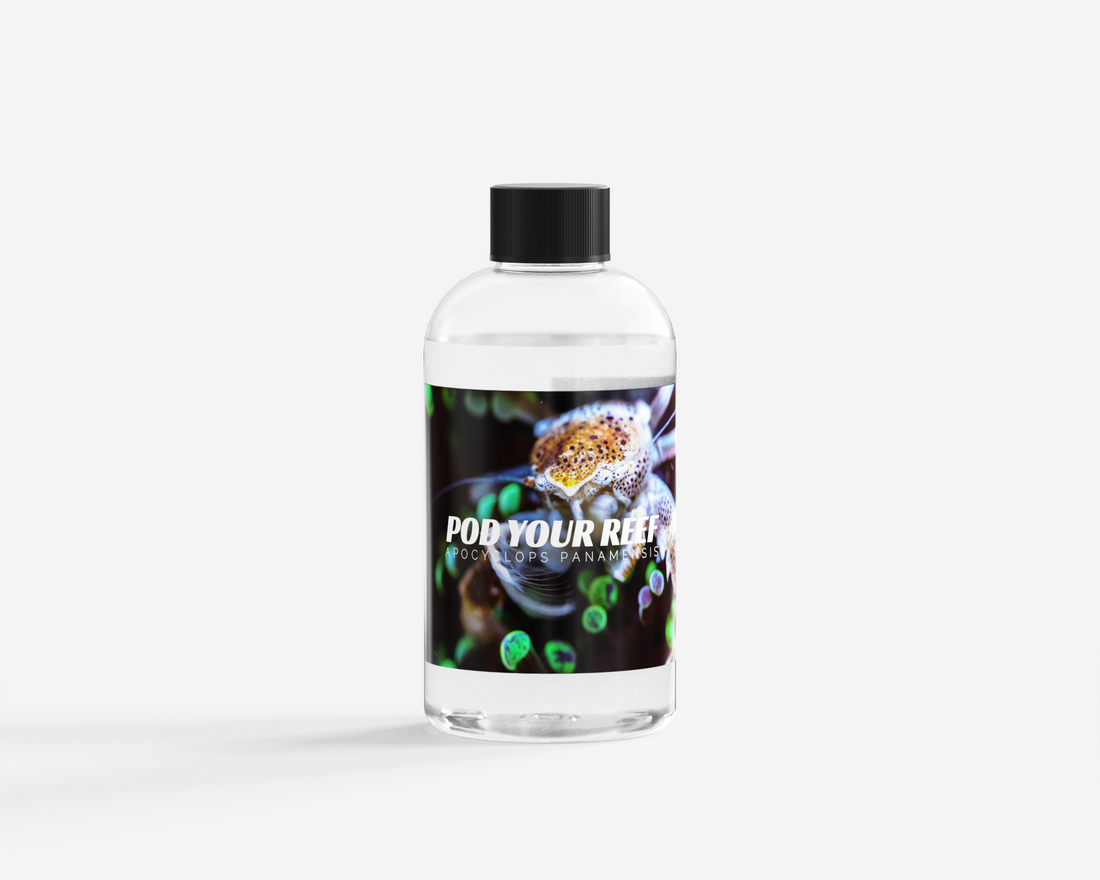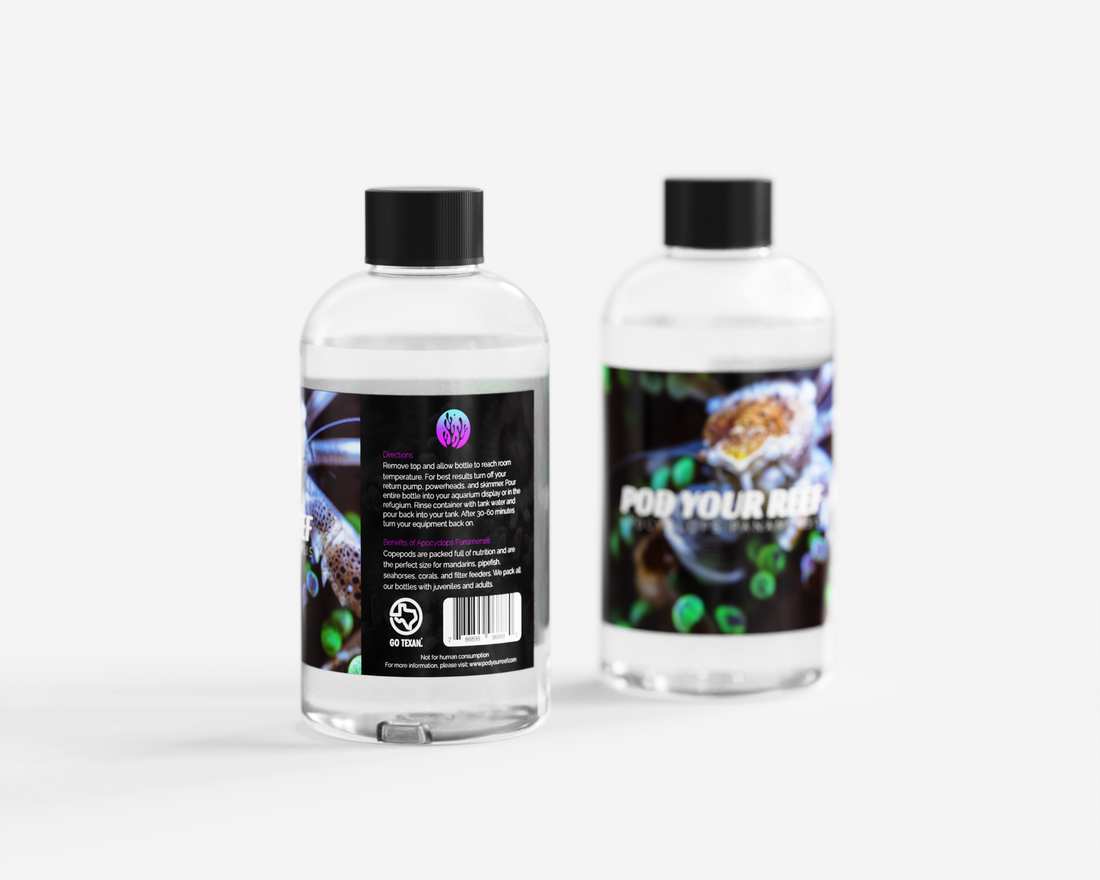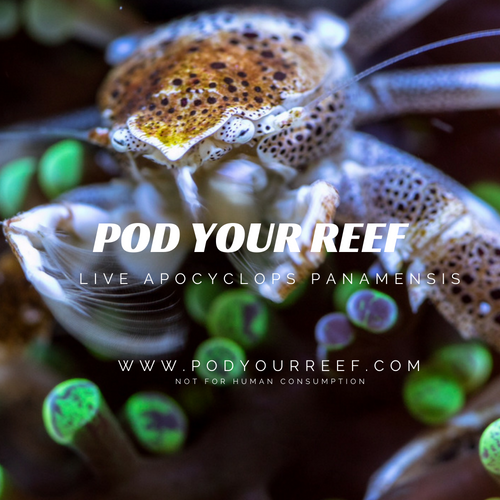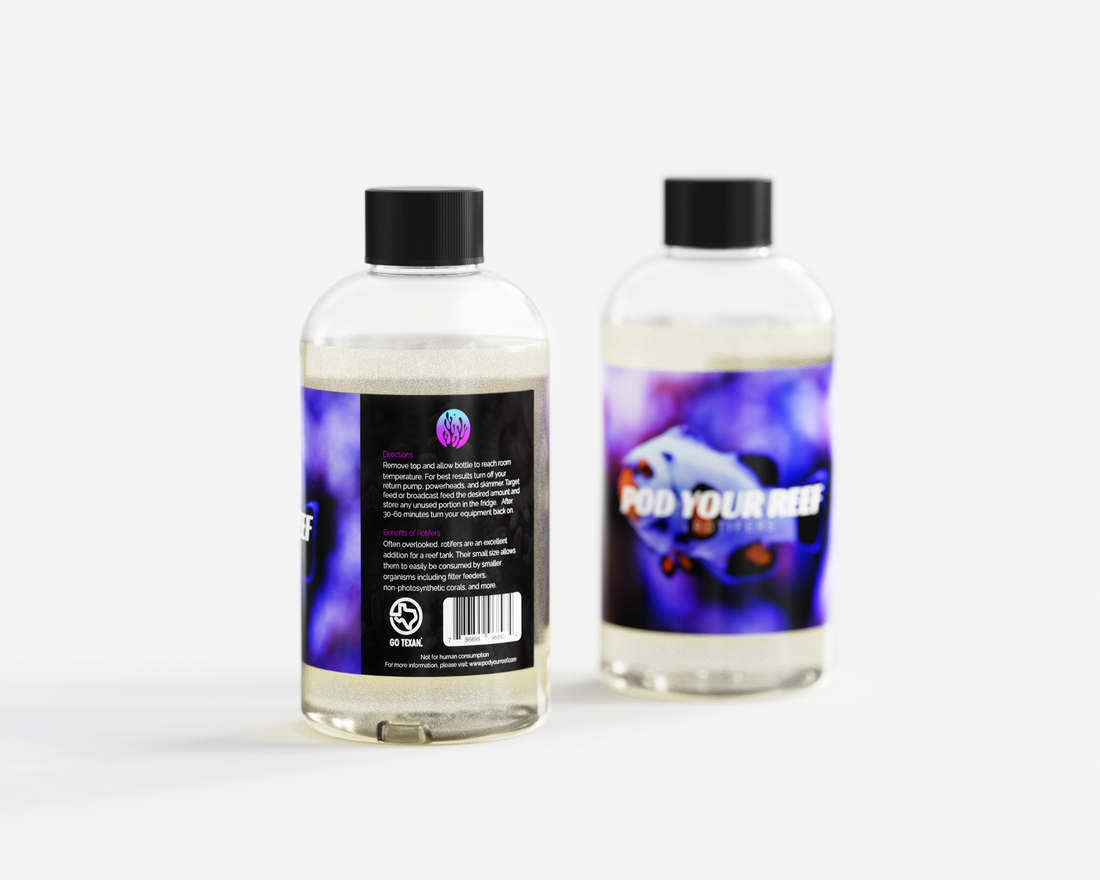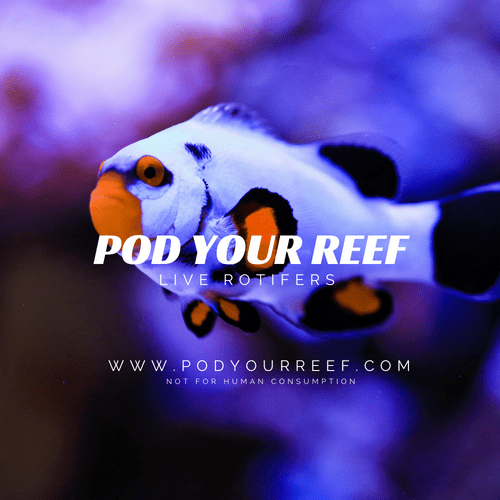
Care
Boosting Reef Aquarium Health with Harpacticoid Copepods
Boosting Reef Aquarium Health with Harpacticoid Copepods
Maintaining a thriving reef aquarium requires careful attention to the nutritional needs of its inhabitants. While traditional feeds can sustain many marine species, harpacticoid copepods offer a superior alternative that enhances the health and vitality of reef organisms. This article explores the benefits of using harpacticoid copepods in reef aquariums, emphasizing their nutritional value and positive impact on overall reef health.
The Role of Harpacticoid Copepods in Reef Aquariums
Harpacticoid copepods are small crustaceans that serve as an excellent live feed for various reef organisms, including fish, corals, and invertebrates. Their high reproductive rate, rich nutritional profile, and adaptability to different environments make them an ideal addition to reef aquariums.
Nutritional Advantages
-
Rich in Essential Fatty Acids: Harpacticoid copepods are packed with essential fatty acids, particularly n-3 highly unsaturated fatty acids (HUFA) like EPA (eicosapentaenoic acid) and DHA (docosahexaenoic acid). These fatty acids are crucial for the growth, development, and overall health of marine organisms.
-
High Protein Content: Copepods provide a high-protein diet that supports the rapid growth and muscle development of fish and other reef inhabitants.
-
Natural Diet: Feeding reef organisms with copepods mimics their natural diet in the wild, promoting natural feeding behaviors and enhancing their overall well-being.
Benefits for Fish and Invertebrates
-
Enhanced Growth and Survival: Fish larvae and juvenile fish show improved growth rates and higher survival when fed copepods compared to traditional feeds. The rich nutritional profile of copepods supports robust development and reduces mortality during the critical early stages of life.
-
Improved Coloration: The pigments found in copepods can enhance the vibrant coloration of reef fish, making them more visually appealing in the aquarium setting.
-
Stimulates Natural Hunting Behaviors: Active movement of live copepods stimulates the natural hunting instincts of fish, providing mental stimulation and reducing stress.
Benefits for Corals
-
Enhanced Coral Health: Corals, particularly those that are filter feeders, benefit from the nutritional content of copepods. The fatty acids and proteins found in copepods support coral growth, reproduction, and overall health.
-
Support for Symbiotic Relationships: Zooxanthellae, the symbiotic algae living within coral tissues, can utilize the nutrients provided by copepods to enhance photosynthesis and energy production. This symbiotic relationship is crucial for coral survival and growth.
-
Improved Polyp Extension: Regular feeding with copepods can promote better polyp extension in corals, which is indicative of a healthy and thriving coral colony.
Ecological Benefits
-
Natural Waste Management: Copepods help manage waste in the aquarium by consuming detritus and uneaten food, contributing to a cleaner and healthier environment.
-
Supporting Biodiversity: Introducing copepods into the reef aquarium supports the biodiversity of the system, providing a natural food source for a variety of organisms and promoting a balanced ecosystem.
-
Sustainable Feeding Practice: Using copepods as a live feed reduces reliance on harvested wild live feeds, contributing to more sustainable aquarium practices.
Case Studies and Practical Applications
-
Clownfish (Amphiprion spp.): Clownfish larvae fed with harpacticoid copepods exhibit higher growth rates and better survival compared to those fed on traditional feeds. The natural diet provided by copepods supports their early development and reduces mortality rates.
-
Mandarinfish (Synchiropus splendidus): Mandarinfish are known to have specialized dietary needs, and copepods provide a perfect match. Regular feeding with copepods can support their vibrant coloration and overall health.
-
Filter-Feeding Corals: Species such as gorgonians and certain LPS corals show improved polyp extension and coloration when copepods are included in their diet, indicating better health and vitality.
Conclusion
Harpacticoid copepods offer numerous benefits for reef aquariums, from enhancing the growth and survival of fish larvae to supporting coral health and maintaining a balanced ecosystem. Their high nutritional value and ecological benefits make them an indispensable resource for aquarists seeking to create thriving and sustainable reef environments. By integrating harpacticoid copepods into your reef aquarium practices, you can ensure the health and vitality of your marine organisms while promoting a more natural and sustainable feeding strategy.

